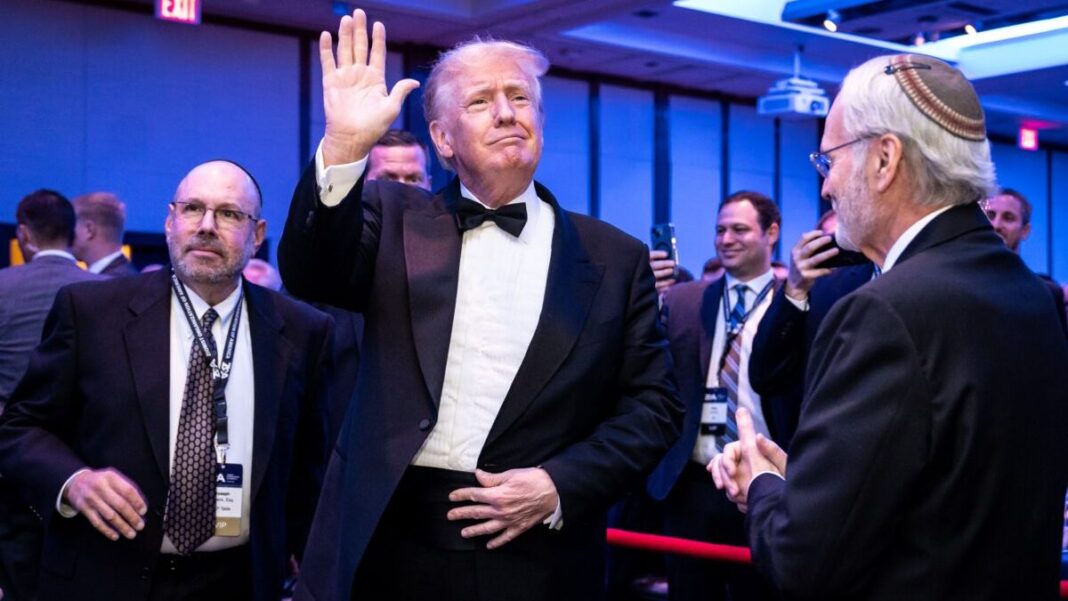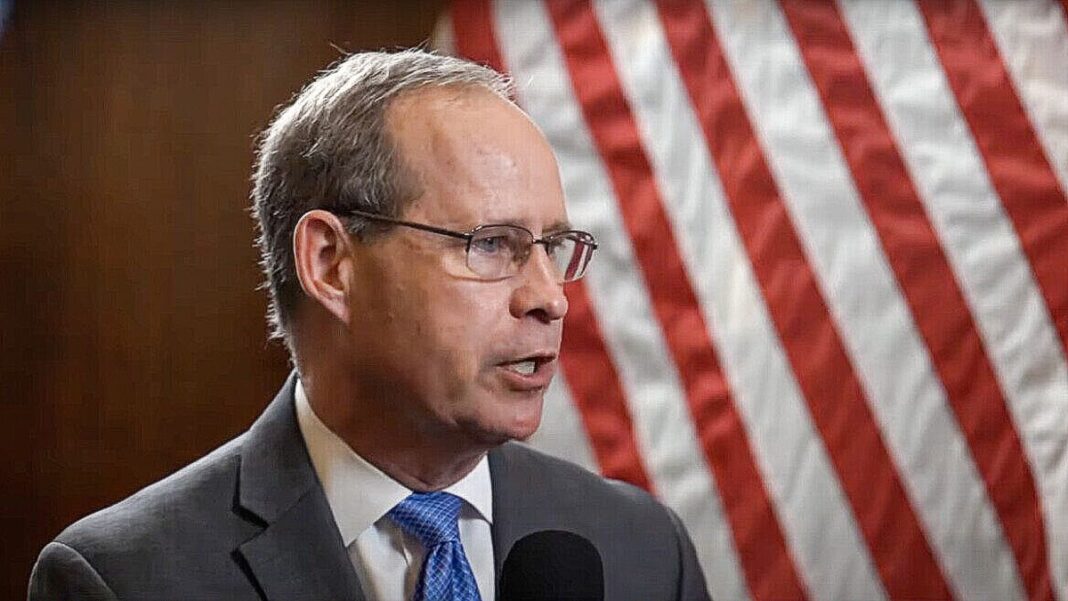In the year 1900, following two decades of debate about the future of American money, L. Frank Baum wrote “The Wonderful Wizard of Oz,” which served as the template for the greatest of all American movies. The story is about much more than it seems. Beneath the surface, it’s an attack on ruling-class barons who were pushing the gold standard as the key to sound money and banking. In those days, gold was regarded as an industrial plot, while silver was regarded as the working man’s specie that favored agricultural interests.
The theory behind the movie is wrong, in my view. The gold standard was, in fact, sound money, while the silver standard was but a stalking horse for the advocates of dovish monetary policy. The debtors, of which there were plenty in agriculture, pushed silver precisely because they favored devaluation. The winners in the debate were, of course, the partisans of gold.
The victory didn’t last long. The banking panic of 1907 provided the pretext to reorganize the whole of money and banking in the United States around the German model. We would have a central bank codified in 1913, the purpose of which was to guard against banking panics and crack down on wild-cat inflationism from pop-up banks that had fueled a long series of land bubbles over the previous 20 years.
It didn’t turn out that way, of course. The central bank became exactly what the skeptics predicted. Instead of sound money, it created a beast with a penchant for lowering rates and fueling money growth. It also became a money printer for the government, which was very quickly called upon to support the debt incurred by entry into the Great War. It’s entirely possible that the United States would never have entered that ghastly conflict but for the existence of the central bank.
My point in recalling all this deep history is to underscore that issues of money and banking were once absolutely central to American political life. The average person in the 1890s had a strong opinion. Candidates would offer stump speeches on the topic and be expected to weigh in on the great questions of bimetallism, gold standards, and silver standards. Of course, there was no one in those days who favored a purely paper money standard like we have today. After all, they were well-educated.







